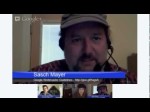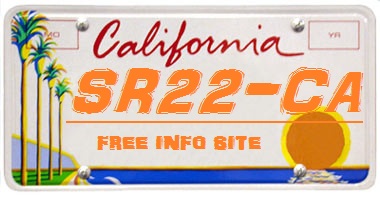Google Webmaster Guidelines support.google.com 6:00 – when to use “nofollow” tag – if you make money from the link, use a “nofollow” (more at 32:55) starts 13:45 – in order to come up in search engines, you need to create unique content 19:50 – use google analytics! 21:10 – make sure the same anchor text used in a link is not repetitive. This is true for links to you or links you create to other sites or within your site. In other words, you will be penalized if someone links to you using the link anchor text “sex toys” on many many links. That is clearly not organic. 23:24 – how to target keywords – create content about those keywords 26:45 – canonical tags to reduce duplicate content on your own site starts 35:40 – meta tags – description, keywords and title starts 43:50 – less is more – link to most valuable things rather than everything starts 52:10 – how to get listed in search engines? starts 57:40 – site maps 59:00 – what is the best on site seo techniques? be unique, interesting, and entertaining 1:03:50 – what is the best off site SEO techniques? 1:10 – what about paid links and ads? 1:18:40 – physical location is unqiue content – store owners can use that to get in local search results

View post:
Google Webmaster Guidelines for search engine optimization (SEO)
What Is SEO / Search Engine Optimization?
SEO stands for “search engine optimization.” It is the process of getting traffic from the “free,” “organic,” “editorial” or “natural” listings on search engines. All major search engines such as Google, Yahoo and Bing have such results, where web pages and other content such as videos or local listings are shown and ranked based on what the search engine considers most relevant to users.


